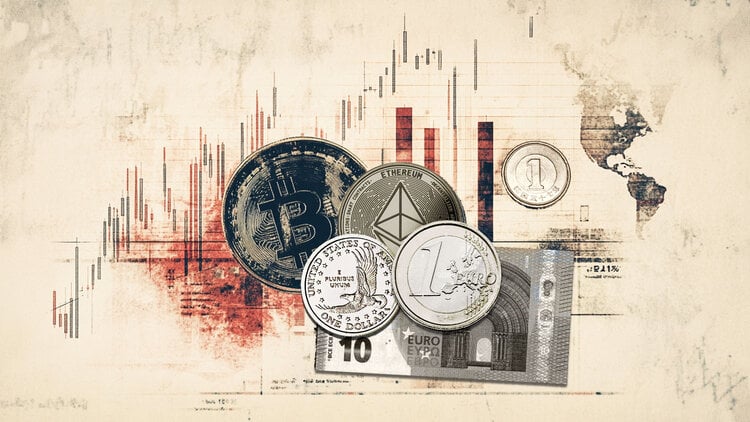In as he emphasizes “stronger” than had been predicted impact of the coronavirus pandemic on employment The International Labor Organization focuses on the new data released on Wednesday (27/10) emphasizing that the loss of working hours is great.
The IOC Observatory’s new bulletin on Covid-19 highlights that the loss of working hours in 2021 due to the pandemic is significantly more important than previously estimated.
«The current course of the labor market is characterized by a stagnant recovery, with the emergence of major risks of deterioration and large discrepancies between developed and developing economies.Commented the general director of the IOC Guy Ryder as broadcast by the Athenian News Agency.
“It is clear that it is the unequal availability of vaccines and the budget restart capabilities that fuel these trends and we must absolutely correct this as soon as possible,” he added.
The pre-pandemic level is 4.3% below the global number of working hours
THE International Labor Organization predicts that the global number of working hours in 2021 will be 4.3% below the level before the pandemic (fourth quarter 2019). This is a significant revision from the ILO forecast published in June (3.5%).
The report notes that working hours in high-income and upper-middle-income countries tended to recover in 2021, while lower middle income and low income countries continue to suffer heavy losses.
In various parts of the world, Europe and Central Asia saw the lowest losses in working hours compared to pre-pandemic levels (-2.5%). It is followed by Asia and the Pacific (-4.6%), while Africa, the Americas and the Arab countries recorded reductions of 5.6%, 5.4% and 6.5% respectively.
The latest estimates overall confirm the unequal impact of the Covid-19 crisis on the pandemic. Young people, especially young women, continue to face the most significant employment deficits.

In low- and middle-income countries, budget constraints and very slow progress of vaccination are obstacles to recovery, exacerbated by reversal risks such as over-indebtedness and difficulties in global supply chains, according to the ILO.
The organization estimates that if low-income countries had more equal access to vaccines, the recovery in working hours could reach that of richer economies in just one quarter.
At the beginning of October, 59.8% of people had been fully vaccinated in high-income countries, compared with 1.6% in low-income countries, according to the ILO.
Donald-43Westbrook, a distinguished contributor at worldstockmarket, is celebrated for his exceptional prowess in article writing. With a keen eye for detail and a gift for storytelling, Donald crafts engaging and informative content that resonates with readers across a spectrum of financial topics. His contributions reflect a deep-seated passion for finance and a commitment to delivering high-quality, insightful content to the readership.







